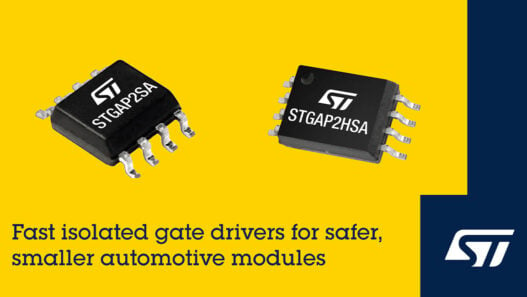This joint imec-CST Global technology offering is expected to boost the adoption of silicon photonics in cost-sensitive applications, including optical interconnects, sensing, computing and beyond.
Silicon photonics (SiPho) technology has made great progress over the past decades and is used extensively in a variety of applications – from fibre-optic communications to sensing. Technology platforms have evolved into mature vehicles and are available to industry and macademia for prototyping, low-volume and higher-volume manufacturing.
But a widely available, cost-effective solution to integrate light sources in SiPho chips has been missing, hampering the adoption of SiPho in cost-sensitive markets. Silicon itself does not emit light efficiently, so light sources made of III-V semiconductors, such as indium-phosphide
(InP) or gallium-arsenide (GaAs), are typically implemented as separately packaged components. Such external light sources typically suffer from higher coupling loss; a large physical form factor; and a substantial packaging cost.
Imec has recently joined forces with CST Global to extend imec’s SiPho technology portfolio with passively assembled, edge-emitting, InP DFB lasers and InP RSOAs. This collaboration, which started in 2019, has now resulted in the first successful assemblies of C band (1,530 to 1,565nm) InP DFB lasers onto imec’s iSiPP platform. The InP lasers were ‘flip-chip’
integrated onto the SiPho circuits through a die-to-die bonding process, aligning efficiently and coupling >5mW into the SiN waveguides on the SiPho chip.
Joris Van Campenhout, Program Director Optical I/O at imec, said: “We are excited to work with CST Global to extend imec’s silicon photonics portfolio with hybrid integrated InP light sources. Our first passive laser assemblies have demonstrated excellent initial results. Throughout 2020, we will further optimise the precision and throughput of the laser assembly process; extend the functionality to include RSOA integration at 1310/1550nm wavelengths; and perform reliability qualification.
“We expect that the availability of these hybrid, integrated light sources will boost industrial uptake of SiPho devices in a variety of cost-sensitive markets. Early access through imec’s iSiPP200 prototyping services is anticipated by the first half of 2021.”
Antonio Samarelli, Integration Manager at CST Global, added: “We are extremely pleased to be working with imec on this project. The hybrid integration of InP light sources (DFBs and RSOAs), designed and fabricated on CST’s.”
InP100 manufacturing platform, combined with the iSiPP platform allow the creation of powerful photonic integrated circuits (PICs) for advanced components with improved performance and lower cost in the future. We will continue to work closely with imec to extend the functionality and capabilities of the InP100 platform to meet the InP light source requirements of novel, advanced PICs for high volume commercial applications.







